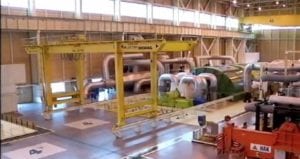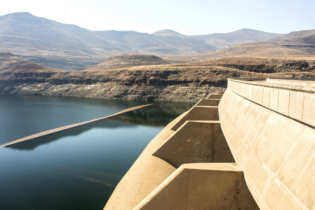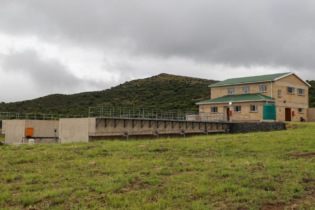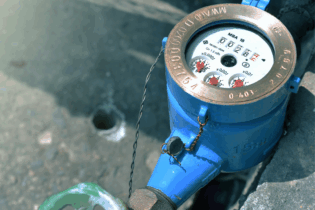A dairy factory based in the coastal town of Mossel Bay in the Western Cape, has been declared the first zero water technologies site in the Southern Hemisphere.
The plant, which was launched by the minister of Water and Sanitation recently, is a product of Nestlé South Africa’s efforts to assist the water stressed town by installing new water recovery, treatment and recycling technology at its Mossel Bay dairy factory.The quest to zero water intake
Through this initiative, Nestlé will be able to reduce the factory’s water consumption by more than 50% during the first year of implementation, by simply re-using the water recovered from the milk evaporation process. The company’s vision for the initiative is to become a zero water intake facility by means of reusing milk water. The factory processes fresh cow’s milk, normally containing around 88% water, through an evaporation process. The evaporated water is captured and treated and used to various applications within the facility eliminating the need for municipal water intake for these processes.







